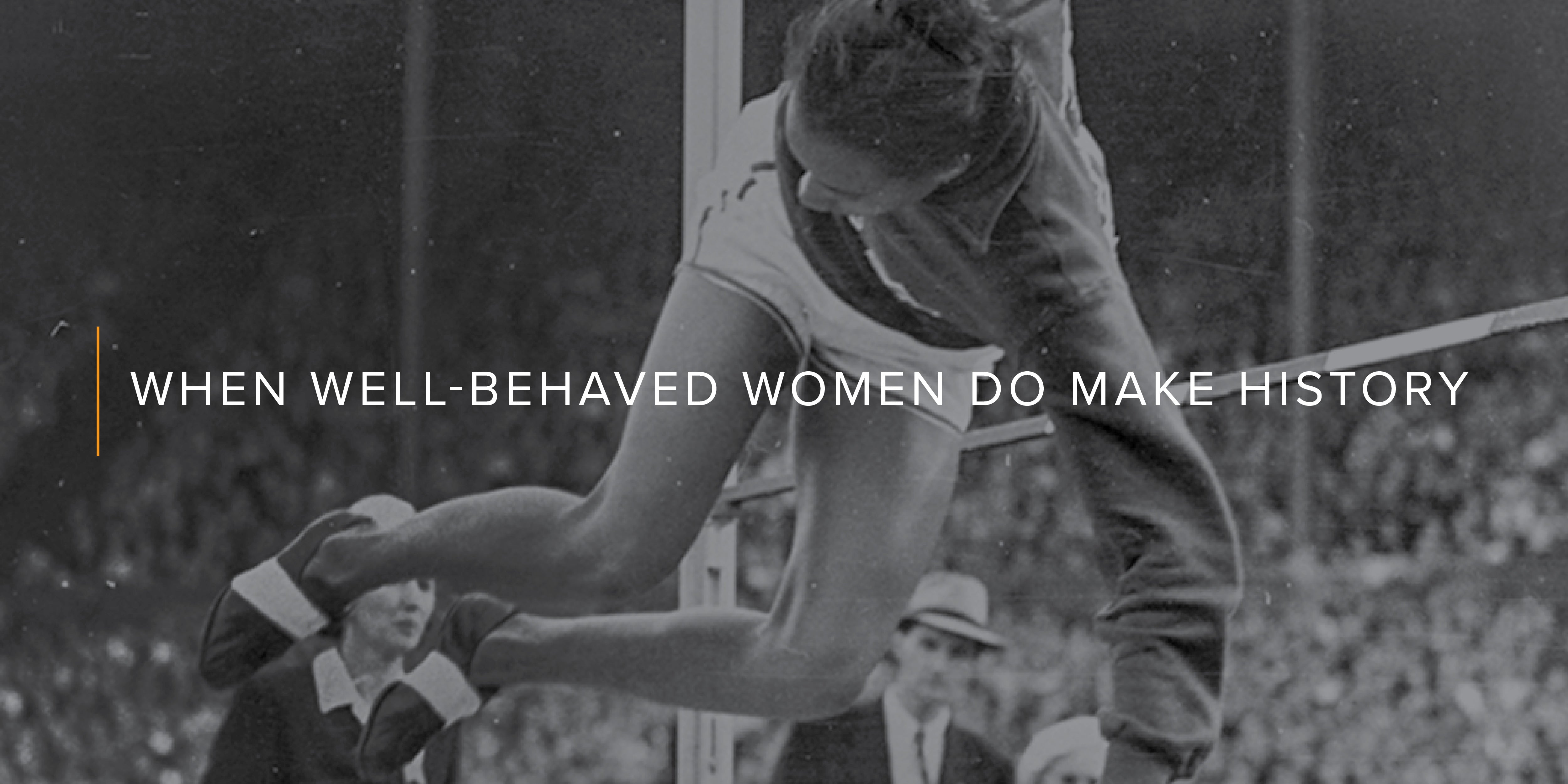When Well-Behaved Women Do Make History
Pushing Boundaries
“Well-behaved women seldom make history.”
You’ve likely seen this popular phrase used everywhere from t-shirts and coffee mugs to social media bios and acceptance speeches.
It’s an empowering statement that, based on its modern interpretation, makes it seem as though only the women who break rules or push boundaries are worthy of a place on a history book page.
But did you know this quote is often misinterpreted?
Pulitzer Prize-winning historian Laurel Thatcher Ulrich penned these famous words in a 1976 scholarly article. Little did she know this phrase would become the most popular sentence she ever wrote.
In this often misunderstood statement, Ulrich was actually expressing frustration, claiming history often overlooks the lives of many exemplary women.
Untold Stories
As we celebrate Women's History Month, join us in celebrating the lives of women who have gone under-appreciated, whose names don't come up in regular conversation, and whose stories go untold in history museums around the world. Let’s take a look at a few of those silent, yet fierce females.
As a young girl, Alice Coachman dreamt of competing in the high jump competition but, due to segregation and no access to top-quality training facilities, was forced to use ropes and sticks in order to train. Coachman went on to become the first black woman to win the Olympic gold medal when she won the high jump for the United States in the 1948 Olympics.
Early American midwife Martha Moore Ballard made history by simply writing a few words in her diary every day. Thousands of entries over nearly three decades recording her work and domestic life were initially viewed as repetitive and useless. But through the help of Ulrich, her writings became a foundation for modern-day historians to gain insight into early American families in the 18th century.
Margaret Hamilton is most likely to thank for Apollo 11’s success in landing on the moon. Known as “the human calculator,” Hamilton led the MIT team that created the on-board software for Apollo 11. She programmed back-up code in case anything were to go wrong in flight, not knowing that minutes before the actual spacecraft landing, an alarm would be triggered and her code would save the mission.History in the Making
Ulrich’s approach to history has always been the “silent work of ordinary people.” Don’t you find that the most extraordinary people are the ones who are overlooked, under-appreciated, and undervalued?
Maybe for you it was a mother or grandmother who sacrificed daily and loved her family without limit, never expecting anything in return. Or maybe it was a former coworker, boss, or neighbor. We all have women in our personal histories that we feel are more worthy of a standing ovation than anyone standing on stage accepting a prestigious award.
Having made a career recognizing the lives of ordinary women, Ulrich desires for us to turn our gaze for a moment from the exceptional women of history and look at the women’s history that’s all around us.
Through her writing and scholarship, Ulrich has inspired many ordinary well-behaved women – students, teachers, nurses, ladies in nursing homes – to recognize that they have a right to make their stamp in history.
As we celebrate Women’s History Month and International Women’s Day coming up on March 8, challenge yourself to look around at your surroundings, workplace, and your community for women’s history in the making and all of the stories that are just waiting to be told.
Groove Life®. Ready for Adventure™.
